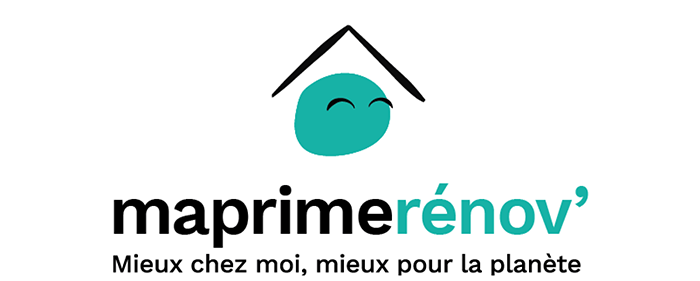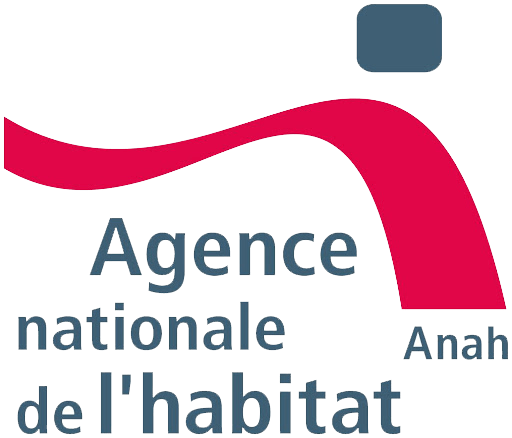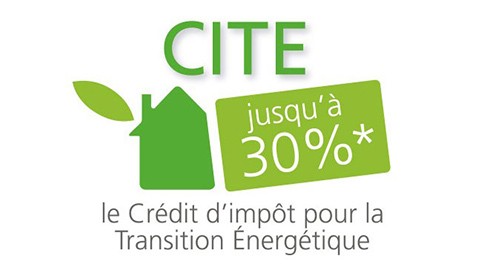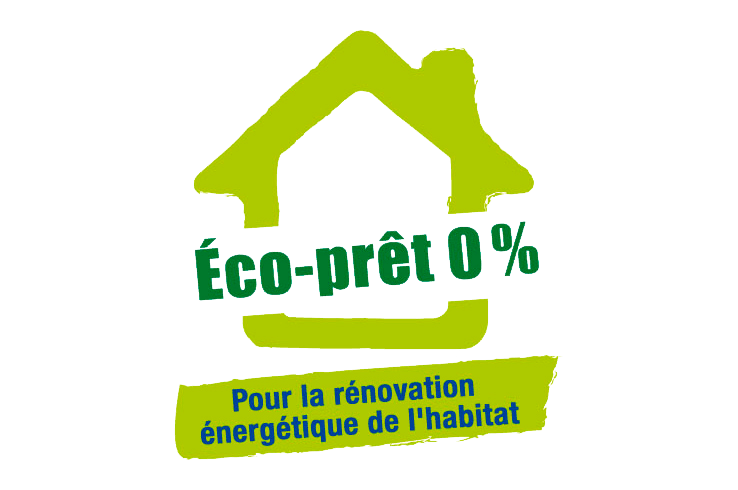HELP & SUPPORT
CONTACT
- +33 1 86 95 94 53
- contact@afaco.fr
- 108 Avenue de Fontainebleau
- 94270 Le Kremlin-Bicêtre
The French government passed the POPE law in 2005 within the framework of the European agreements on energy and climate, which includes an energy saving certificate (CEE).
The main idea is to encourage companies and local authorities to reduce their energy consumption by requiring certain actors in the energy sector (known as « obligated parties ») to finance them. If they fail to do so, they will be exposed to financial penalties.
Objectives of the POPE law
The POPE law requires energy suppliers to promote thermal renovation work to their customers. This allows them to lower their energy bill and environmental footprint, but also to improve the thermal comfort of their property and to prevent energy losses.
The POPE law aims to limit the energy consumption of households and thereby help reduce greenhouse gas emissions. All energy suppliers are concerned by this law (electricity, natural gas, propane gas, fuel oil, etc.).
The obliged parties
These actors are subject to an energy saving obligation and will indirectly finance energy renovation projects.
These parties include:
Eligible parties
Eligible parties are individuals as well as social landlords, co-owners, public administrations, local authorities, medical structures and offices.
Many professionals and individuals are eligible for energy saving certificates. There are no conditions in terms of financial resources. The renovation projects must aim at improving the thermal efficiency of housing, offices, etc.
AFACO
AFACO is a company specializing in energy renovation. We are authorized to carry out renovation projects that can be totally or partially financed by the CEE system.


On January 1, 2020, the government introduced MaPrimeRénov’, a new financial aid that allows individuals to carry out renovation projects, at a lower cost, to improve the energy efficiency of their home. These renovations concern heating, insulation and ventilation.
MaPrimeRénov’ is an eco-prime that is granted according to your income and your situation. To be more specific, it depends on the size of your household, your home’s characteristics, your renovation project, but also on the company that will carry it out. The company must be REG certified, « recognized as an environmental guarantor ».
You can calculate your subsidy on www.maprimerenov.gouv.fr or contact us to get more information on the subsidy amount you’re entitled to.
The National Housing Agency (Agence nationale de l’habitat-ANAH) is an organization that offers territorial assistance for private housing. Whether you are a local authority, an owner-occupier, a lessor or a co-owner, ANAH offers advice and assistance according to your needs and objectives.
For example, if you are an owner-occupier, ANAH can offer a range of grants for the energy renovation of your home to help you reduce your energy bill and your environmental footprint.
Please note that these subsidies are subject to certain conditions, such as your home’s age, your resources and the total cost of the planned renovations. You can find all the information you need at www.anah.fr


The energy transition tax credit (crédit d’impôt transition énergétique – CITÉ) allows you to deduct part of the expenses incurred for energy efficiency improvements in your main home from your income tax. CITÉ concerns insulation projects or the purchase of equipment to reduce greenhouse gas emissions.
Under Article 15 of the Finance Act for 2020, CITÉ is gradually evolving into a premium for energy performance and low or very low-income households. CITÉ is gradually being replaced by MaPrimeRénov’, a new subsidy granted by ANAH that covers the cost of modern renovation projects. This transition is taking place in two stages.
Starting January 1, 2020, low-income households (according to ANAH’s resource conditions) can qualify for Ma PrimeRénov’. The first subsidies were paid on April 2020.
Households that are not eligible for MaPrimeRénov’ may, under certain conditions, receive a transitional CITÉ until December 31, 2020.
CITÉ was permanently removed on January 1, 2020. MaPrimeRénov’ was then extended to all households.
Eco-loans at zero interest rate are used to finance energy efficiency and energy saving projects at zero interest rate. Note that this program is extended until December 31, 2021.
Owners, co-owners, occupant or lessor can all receive an eco-loan, without having to meet certain income requirements. However, other conditions apply: your home, apartment or house must be declared as your main residence and must have been built before January 1, 1990.
Many kinds of renovation projects are eligible for an eco-loan: insulating roofs, external walls, low floors, crawl spaces or open passageways, replacing windows or window doors, installing or replacing the heating system, etc.
Eco-loans are subject to certain ceilings. You can also combine them with an energy transition tax credit (Crédit d’impôt transition énergétique – CITE). Please visit www.economie.gouv.fr for more information.
